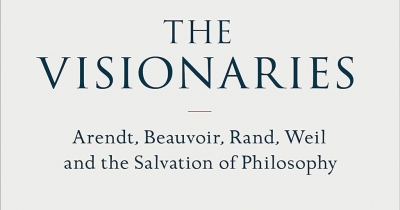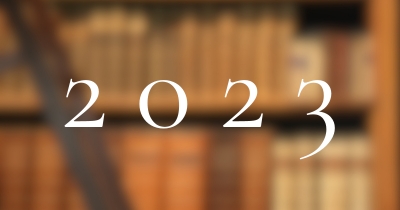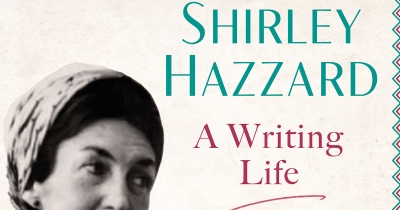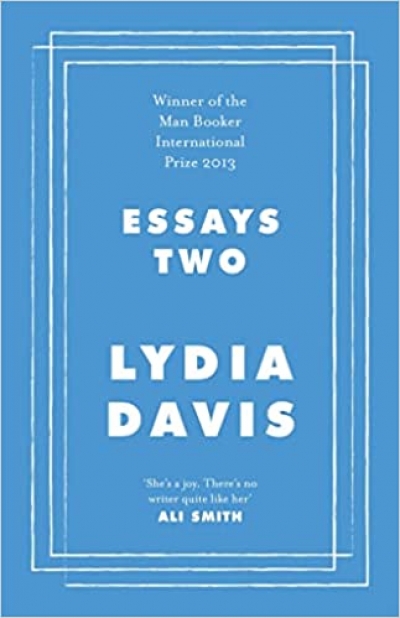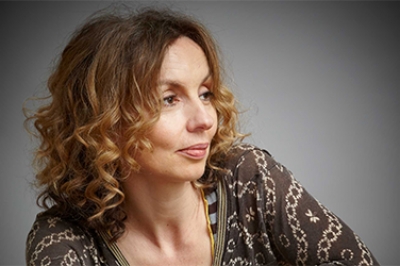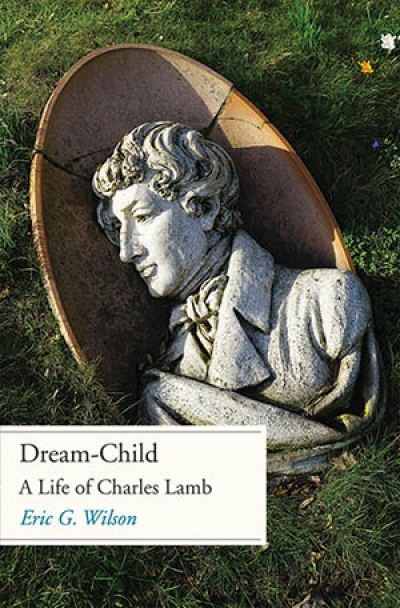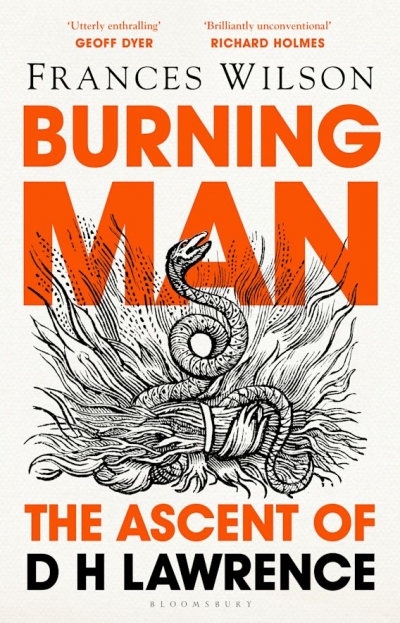Frances Wilson
A Memoir of My Former Self: A life in writing by Hilary Mantel, edited by Nicholas Pearson
The Visionaries: Arendt, Beauvoir, Rand, Weil and the salvation of philosophy by Wolfram Eilenberger, translated by Shaun Whiteside
What the authors of these three wildly different books share is a gift for creating through language a kind of intimacy of presence, as though they were in the room with you. Emily Wilson’s much-awaited translation of The Iliad (W.W. Norton & Company) is a gorgeous, hefty hardback with substantial authorial commentary that manages to be both scholarly and engaging. The poem is translated into effortless-looking blank verse that reads like music. The Running Grave (Sphere) by Robert Galbraith (aka J.K. Rowling), the seventh novel in the Cormoran Strike crime series and one of the best so far, features Rowling’s gift for the creation of memorable characters and a cracking plot about a toxic religious cult. Charlotte Wood’s Stone Yard Devotional (Allen & Unwin, reviewed in this issue of ABR) lingers in the reader’s mind, with the haunting grammar of its title, the restrained artistry of its structure, and the elusive way that it explores modes of memory, grief, and regret.
... (read more)Essays Two: On Proust, translation, foreign languages, and the City of Arles by Lydia Davis
A distinction needs to made between the critic and the book reviewer, because not all reviewers are critics. The reviews that run in the literary pages of newspapers – plot synopsis followed by puffery or condemnation – bear little relation to criticism, not least because critics read closely while reviewers tend to speed-read. Criticism is an art, and the finest criticism should be equal to its subject: a good critic should have a distinctive voice, a good ear, and a strong style. I like audacity and eccentricity in criticism, and I particularly admire those critics who are alert not only to the words on the page but to the ‘unconscious’ of the text – what is elided, repressed or not quite expressed in the writing.
... (read more)


